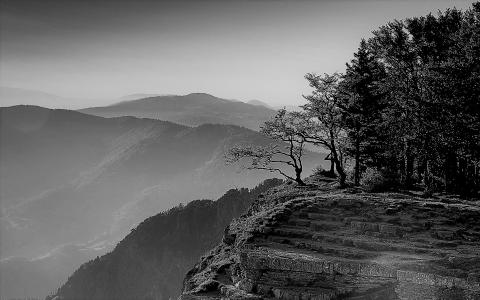
(Karmayoga)
yajñārthāt karmaṇo ’nyatra loko’yaṃ ।
karma-bandhana iti jānīhi satyam ॥
karma-phalāsaṅgaṃ tyaktvaiva santṛptaḥ ।
karma kurvannapi kartā sa naiva ॥ 13 ॥
Know the truth, that karma is shackling
Unless performed as yajña for the world’s well-being.
One who is satisfied, and gives up the desire for the fruit of karma
Even when he is engaged in it, he is never the kartā.
yaḥ kāma-krodhod-bhavaṃ vegaṃ sahate sa ।...
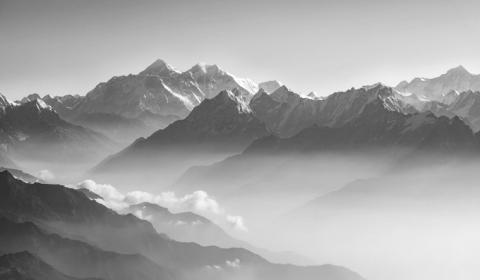
itthaṃ rāmāyaṇe dṛśyā gītā-tātparya-mūrtayaḥ ।
īśa-prītyā loka-saṃsthā-kṣemārthaṃ datta-jīvitāḥ ॥11॥
The personification of the Gītā’s teachings are thus seen in the Rāmāyaṇa; they surrendered their lives for the love of Īśvara and for the sustenance of the world.
yathā vasante taravaḥ sva-svajātyaiḥ sumaiḥ phalaiḥ ।
śobhante tatvad-evāmī sva-sva-sattva-guṇodgamaiḥ ॥ 12॥
Just as trees and creepers look beautiful with their natural...

Was dharma established?
When Arjuna said he would not fight, what did Svāmi say? He said, “I stand for upholding dharma. This war is for the sake of that. This war will not end if you do not fight. Before you could even think of it, I have already destroyed those who were against dharma” (“mayaivaite nihatāh pūrvameva ।)” — 11.33
Did it happen so?
It did, temporarily. “vināśāya ca duṣkṛtāṃ” — destruction of evil-doers — happened. After that,...
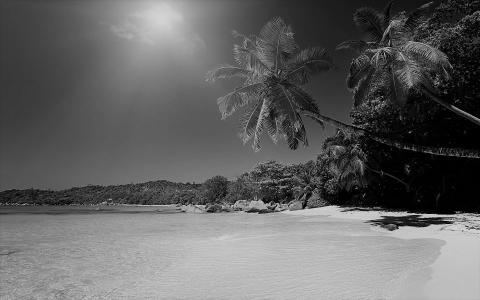
A similar example can be seen even in business : (1) Adhiṣṭhāna = Capital and site of business (2) Kartā: the businessman’s and his knack (3) Karaṇa: the stock and instruments of measuring weights and lengths (4) Ceṣtāḥ - advertising and other means of attracting buyers (5) Daiva - customers liking a product or otherwise.
Thus, effort is in the domain of humans; the decision on the results is in the divine domain. Since this is how the facts...
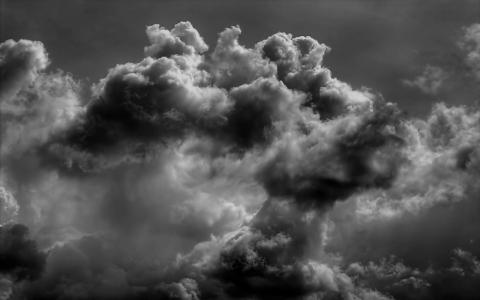
There are two opposite energies hidden in music. One excites, inflames, and disturbs the mind. The other steadies it and calms it down. One helps in concentrating, the other perplexes the mind. One is for dhyāna, the other is for play.
There is pleasure in both types. Some people find pleasure in composure, some in hustle and bustle. Some people sit alone and forget themselves in samādhi. Some others dance incessantly, become tired, and forget...
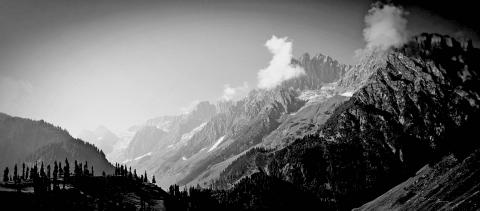
We said in (5) that time is when existence is comprehended. Comprehension is the characteristic of the ātmā. That itself is ‘cit’ or ‘cicchakti’. Existence is also similarly a characteristic of ātmā. That is ‘sat’ or ‘sattā’ (sattva). Therefore we can say this: if cit is associated with sat, there is a sense of time. However, when have sat and cit ever been separated from each other? Never. Therefore, time is without any beginning and end,...

In our country, it is not difficult to find instances where extreme religiosity makes one forget worldly duties. It is quite common to find educated people who,in the garb of renunciation and devotion, have shut their eyes to filth in society and country. If our śraddhā in dharma had been seen in our contemporary societal and political life, our country would not have to suffer from perpetual famine and fear of enemies[1]. Bhajans and festivals...

Bhakti-Karma-Jñāna
Our philosophical literature is replete with analyses about the superiority of either one of bhakti, karma or jñāna. This also features as one of the strongest grounds of arguments among the three matas. My belief is that this is an unnecessary and fruitless controversy. Even though the three means — bhakti, jñāna and karma appear different, there is no doubt that the basis for all the three is the same. The substance that’s...

Adhyāropa-Apavāda[1]
When we have to explain a completely unknown entity to someone, we first try to describe a thing he is familiar with, and at least partially resembles the entity in question. Once the familiar thing is described, we show the differences between the intermediate thing from the original entity we set out to describe. This method of teaching is called adhyāropa-apavāda. Adhyāropa is to superimpose on an object certain...
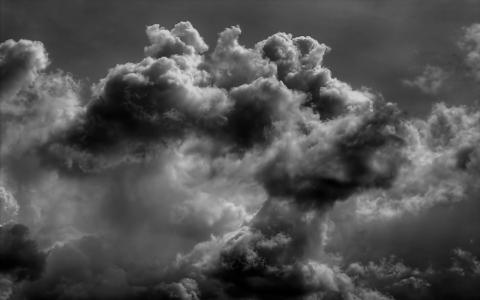
The great Bhartṛhari says thus:
maheśvare vā jagatām adhīśvare janārdane vā jagad-antarātmani ।
ṇa vastubheda-pratipattir-asti me tathā’pi bhaktis-taruṇendu-śekhare ॥
-vairāgya-śataka, 84
I do not see any difference between Maheśvara who is the Īśvara of the universe, or Janārdana who is the ātmā of the universe; but still, my devotion is towards Śiva (the form that has the crescent moon as its crest-jewel).
In his Kṛṣṇa-karṇāmṛta,...
